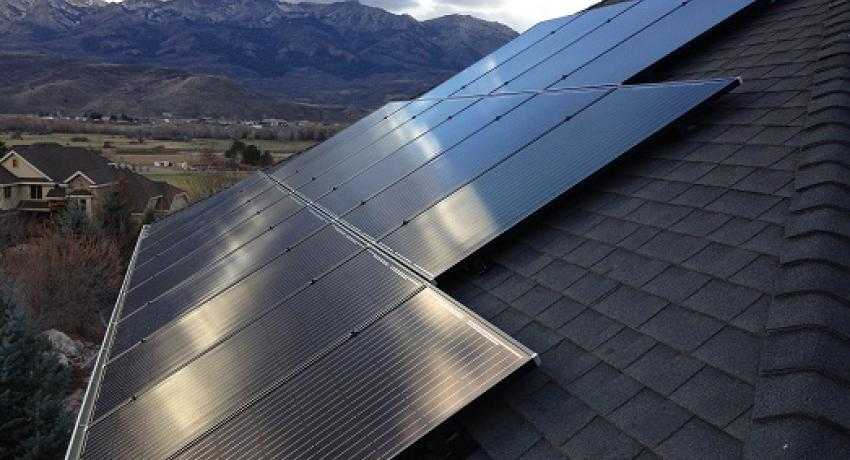Utah PSC decision could squash rooftop solar in the state
Utah was just another state where utility companies were fighting net metering regulations that support strong rooftop solar growth. Not anymore.
The Utah Public Service Commission ruled this week to measure the cost to utilities of net metering programs without weighing at all their benefits.
The ruling counts as one of the most lopsided decisions from a regulatory body charged with protecting consumers from profit-focused monopolies to date. The Utah PSC decided in favor of a rate-setting framework for Rocky Mountain Power, the state’s largest utility company, that asks the company to identify its “actual cost” of providing service and comparing it to the “cost of service that would exist without net-metering.”
“The ruling excludes some of the most important benefits of solar, including consumer choice, cleaner air and local jobs,
Lindsay Beebe of the Sierra Club told the Salt Lake Tribune.
As it stands today, fewer than one half of 1 percent of Rocky Mountain Power’s consumers have installed rooftop solar arrays. Compared to states like California and Arizona, it’s a drop in the bucket. That’s largely because Utah has low electric rates. However, the plummeting cost of solar has made it increasingly affordable and economically advantageous – thanks in large part to net-metering regulations that require utilities to credit solar customers at the retail rate for the excess power they feed onto the grid.
Rocky Mountain Power successfully argued for an additional service charge for solar customers in 2014, arguing that solar customers aren’t paying their share for the grid they also use.
The new ruling from the PSC could mean that the utility will be allowed to charge all of the additional costs it says come from solar customers to those who install rooftop panels without factoring in any of the cost savings that come from not have to transmit power as far or from having excess generation provided by solar customers during peak periods. Such a decision is laying the groundwork for a rate-case that could make rooftop solar unaffordable in Utah. Depending on where the PSC goes from here, the decision could be a death knell for the state’s growing solar industry.




